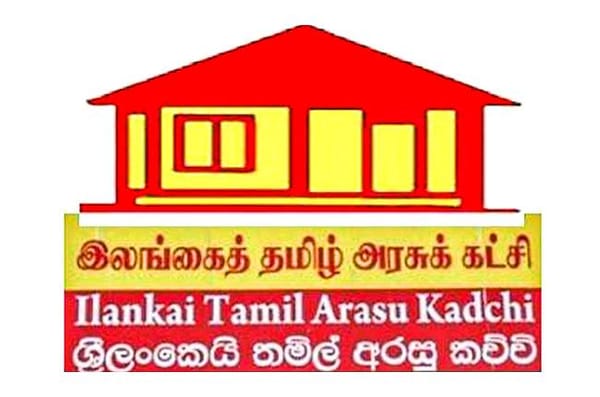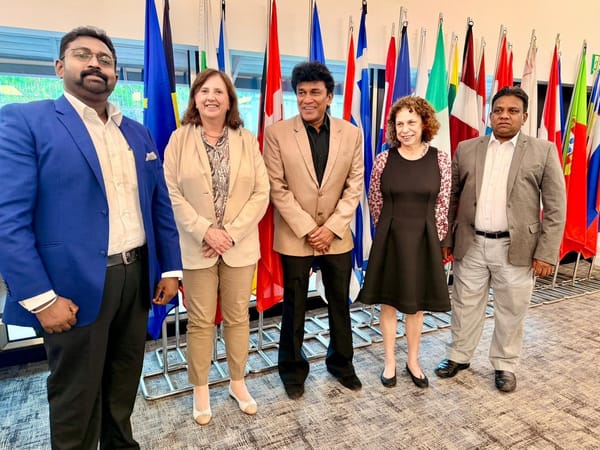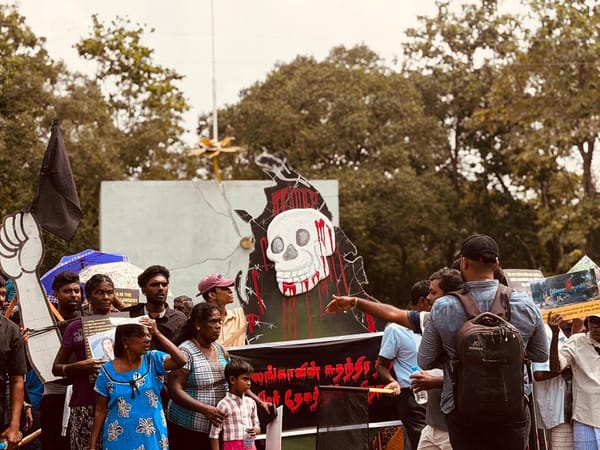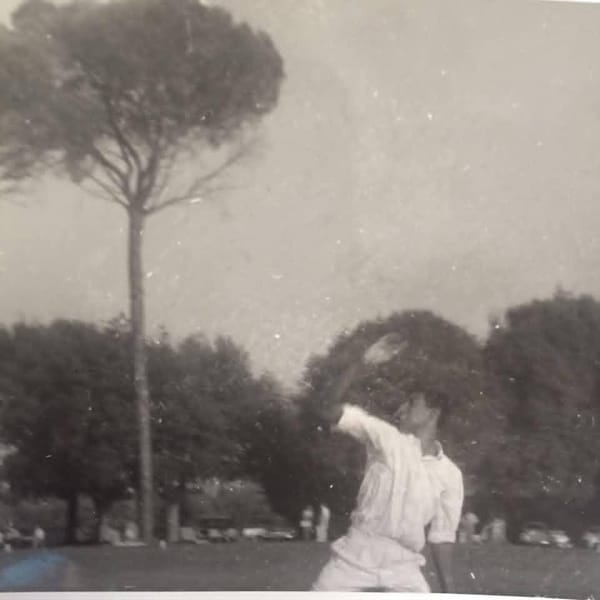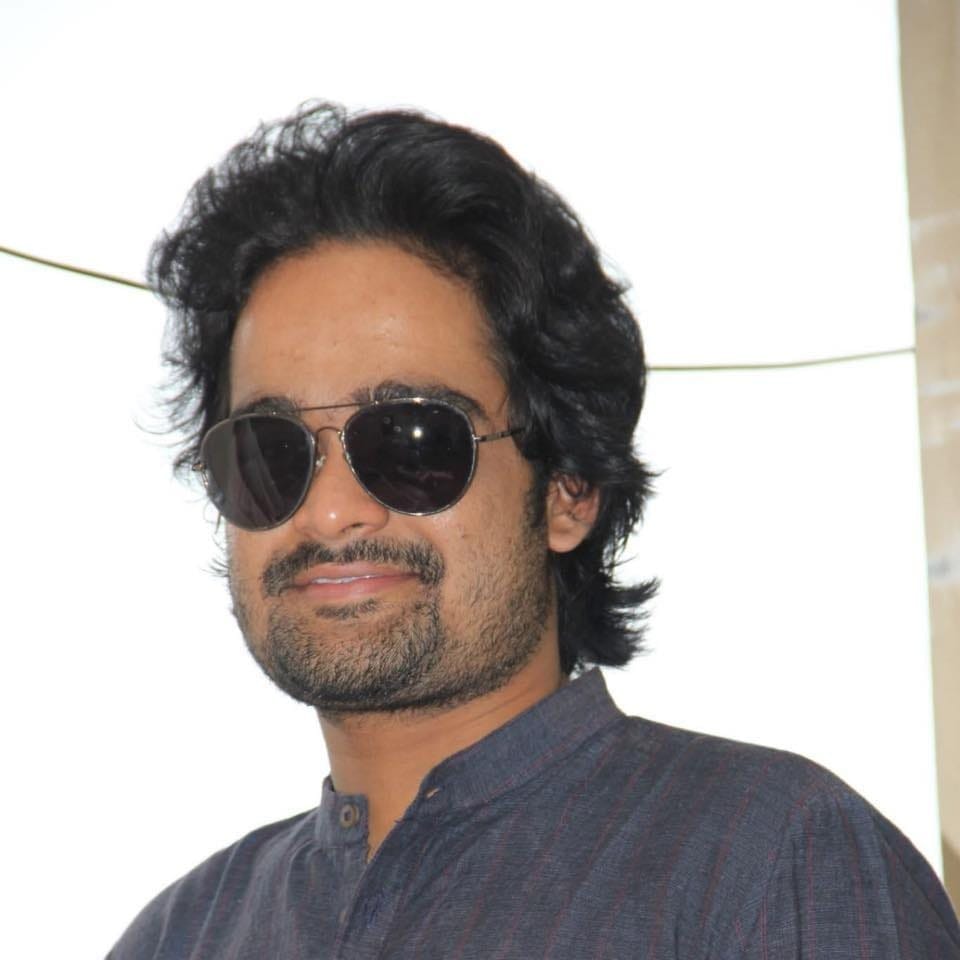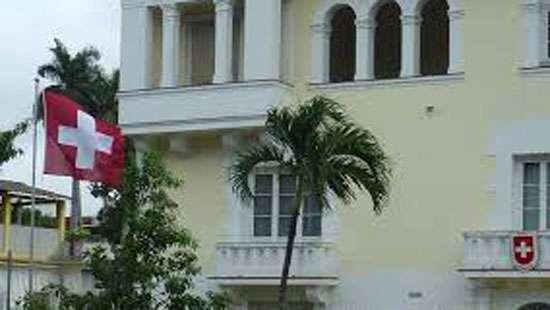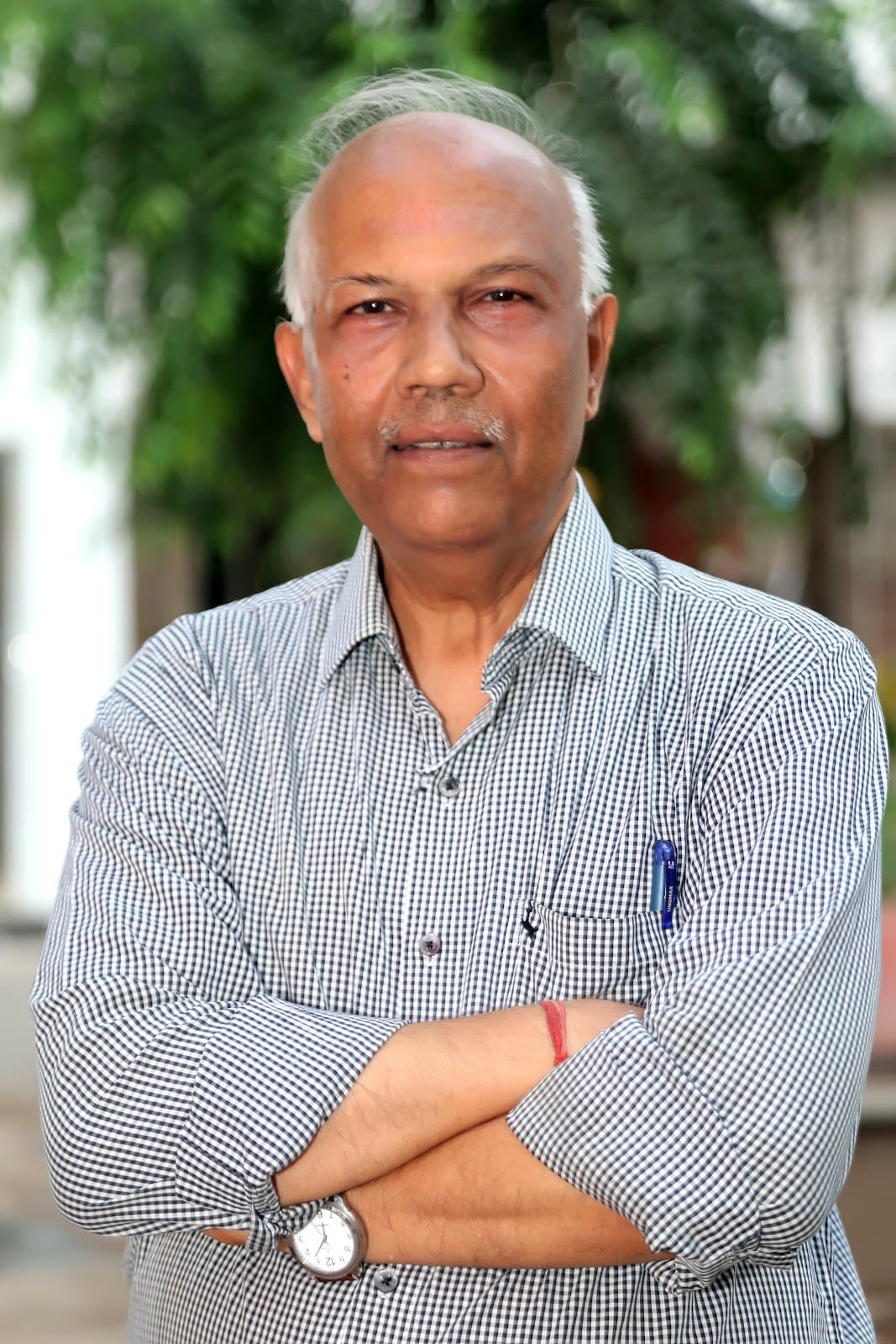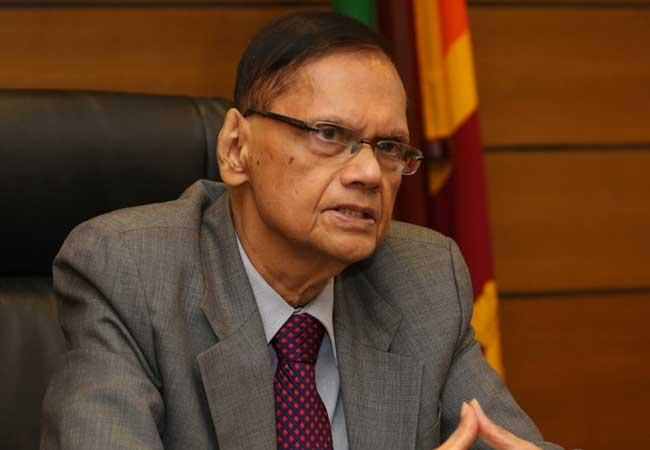A Sri Lankan Tamil man from Kilinochchi has died after allegedly being tortured and shot while attempting to illegally cross into Europe via the Belarus-Latvia border, highlighting the deadly risks facing migrants using human smuggling routes from Sri Lanka's war-affected Northern Province.
Sylvester Diloshan, 34, a government Samurdhi development officer from Uruthirapuram in Kilinochchi district, was found dead near the Belarus-Latvia border after what a surviving companion described as a brutal assault by border personnel.
According to local reports and statements from the Belarus State Border Committee, two Sri Lankan nationals were intercepted by Latvian security forces in a dense forest near the fortified border while allegedly attempting to pass through an animal passage in the fence.
The survivor, whose identity has not been disclosed, recounted a harrowing ordeal to investigators. He said the pair, exhausted and exposed to harsh weather, were severely beaten by Latvian border personnel. Despite their weakened condition, they were dragged to the fence, thrown through the gate into Belarusian territory, and one was shot during the pushback operation.
Belarusian guards later discovered Diloshan's body in the Verkhnedvinsky district, with clothing and personal items scattered near the site. The survivor received medical treatment and is assisting with the investigation.
Borrowed Millions for Fatal Journey
Diloshan, who worked helping impoverished families in his rural community, had reportedly borrowed tens of millions of rupees from relatives to pay smugglers for the perilous journey to Europe. His family in Uruthirapuram learned of his death through informal migrant networks, plunging the village into mourning.
"These brothers leave everything for a better life, only to meet cruelty in foreign lands," a relative told Jaffna Monitor from Uruthirapuram.
Deadly Belarus Migration Corridor
The incident underscores the extreme dangers of the Belarus migration route. Since the 2021 EU-Belarus border crisis—sparked by sanctions and accusations of "hybrid warfare"—at least 78 migrants have reportedly died along Belarus' frontiers with Poland, Lithuania, and Latvia.
Migrants, often from the Middle East, Africa, and South Asia, face not only freezing forests and starvation but also alleged violence, including beatings, shootings, and forcible returns known as "pushbacks."
Human rights advocates have condemned the lack of independent access to border zones, where both Belarusian and EU security forces have faced accusations of abuses. Smugglers charging exorbitant fees lure desperate families with promises of safe passage to Germany and other Western European countries, but many disappear in border "no-man 's-lands."
Growing Crisis from Sri Lanka's North
In Sri Lanka's Northern Province, where communities continue grappling with post-war economic hardship, such tragedies have become increasingly common.
Calls are growing for the Sri Lankan government to crack down on human trafficking rings and expand legal migration channels for those seeking opportunities abroad.

